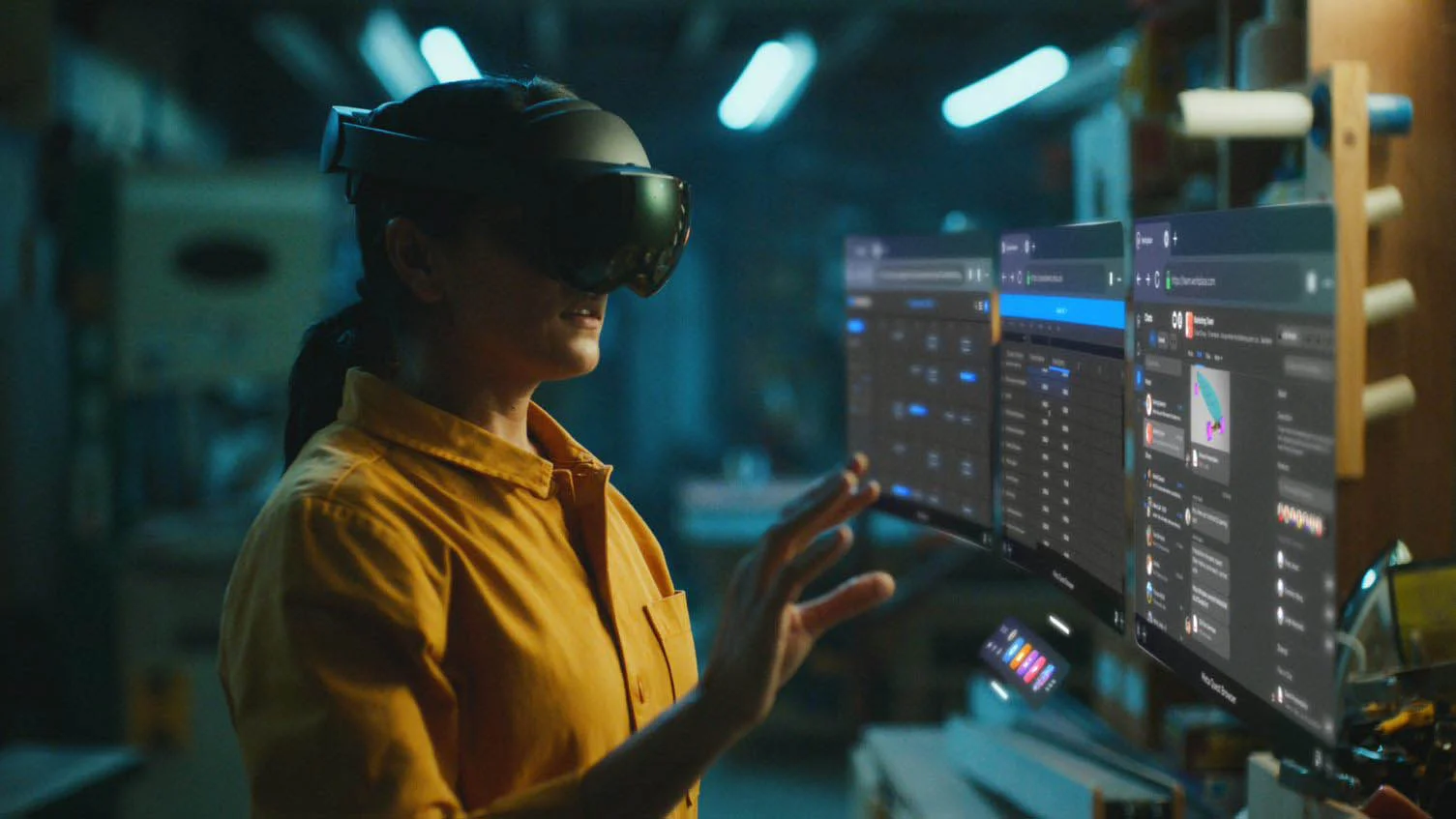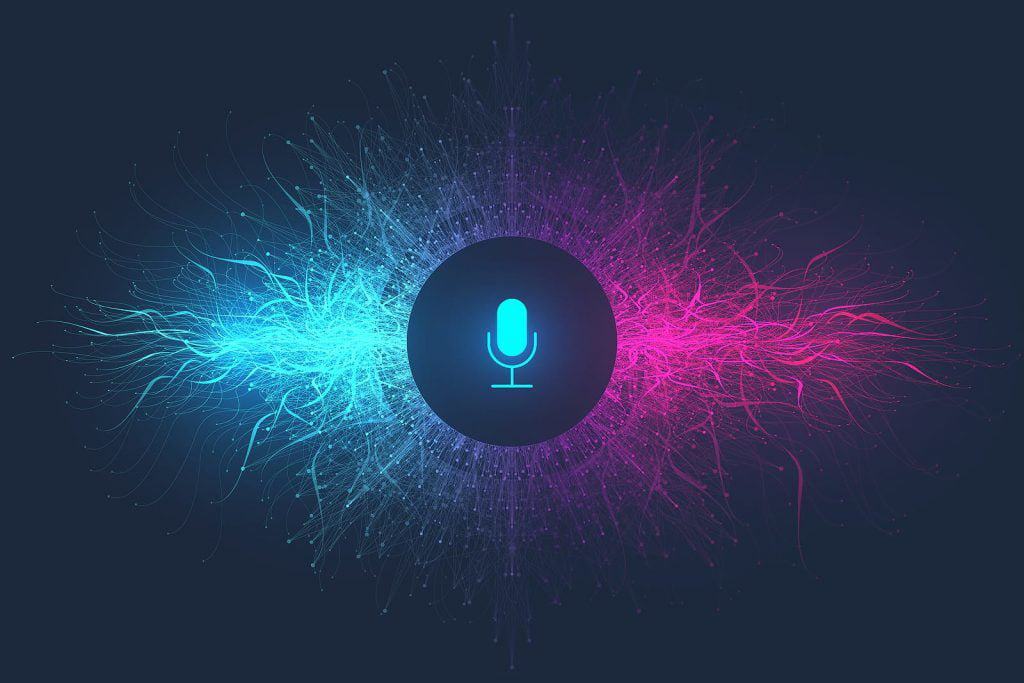With all the hype and the vibe around Artificial Intelligence, what is really left about the Metaverse? It seems that ChatGPT and other bots and AI tools now available are overshadowing that fantastic virtual world of immersive reality which captured both attention and money just one year ago.
Well, maybe it’s too early to make that claim, because it could also be that AI and the Metaverse are not really competitors but close allies in creating sooner or later a kind of brave new world.
I remember when the Metaverse first came out. It was like nothing else we had ever seen before. An immersive virtual and augmented reality world that you could interact with. It was mind-blowing for many. Everyone started talking about how this was going to be the future of online gaming, social media, education, training and business.
The possibilities seemed endless, and the Metaverse was a work in progress with many companies investing millions of dollars and colonizing those digital spaces with their branding because after all customers’ eyeballs were looking inside those scenarios, so if you were a global B to C consumer company, you should be there.

B to C companies designed their Metaverse campaigns to target a young audience, raise awareness about their brand and collect data on consumer behavior. They hardly sold anything, not even virtual goods. The Metaverse was a collection of virtual streets and plazas where you put your ads, and offered coupons and promotions that could be exchanged in the company’s website.
But then last year, those companies so involved in the Metaverse saw their profits and their valuation on the stock market plummet. Investment capital was becoming rare, so they decided to lay off staff and cut unnecessary spending and projects. And then suddenly ChatGPT and other AI tools came along. The attention moved to these new toys, and marketing executives said, “Well, maybe we should put the Metaverse on hold or even close related activities down for a while, while we invest in AI.” And this is what is happening right now.
For instance, Walmart closed its virtual space on the Roblox gaming platform, Disney cut its Metaverse division, Microsoft shut down a social virtual-reality platform, and, as the Wall Street Journal reports, even Mark Zuckerberg, who kicked off much of the interest in this branch when he renamed Facebook as Meta Platforms, has shifted his focus to the industry’s new obsession: artificial intelligence.
According to the research firm Advanis, fifty-one percent of marketers named AI as their biggest tech investment priority in a survey of 408 executives.
When asked where the money to fund Artificial Intelligence might come from, 48% pointed to their Metaverse budget.
Another indicator of the Metaverse falling star is the Virtual Reality, VR headsets, those devices that allow you to enter that digital world.
After two years of steady growth, global shipments of VRs hit a wall in 2022, falling 21% year-over-year, according to IDC research.
This sounds to me like the song… “Video killed the radio star…” but is it so?
Has AI really eclipsed the Metaverse? Well, if we look at another survey, mentioned at the Wall Street Journal, most brands say that they will continue making long term investments in the immersive, three-dimensional experiences that define the Metaverse.
Why is that, simply because it’s so cheap for a company to be on the Metaverse, and it’s very low the cost to create virtual goods and distribute them. But marketers also know that consumers of the new generations are more willing to engage with brands in those Metaverse settings than on social media like Instagram or TikTok.
So Mastercard has decided that AI is a completely different thing and will continue to put money on the Metaverse, maybe for a kind of FOMO, the Fear of Missing Out the day that the Metaverse becomes a big market. Mastercard is sponsoring virtual games and has created a line of virtual goods, a modest investment of just five digits that comes from its budget for innovation projects.
Predictions say that Metaverse is still growing and there will be 10 million of VR in the world this year. And what would happen if AI and the Metaverse are grouped together?
Well Artificial Intelligence can help to create more lifelike and immersive virtual environments, enable natural language interactions, personalize user experiences, and assist with moderation and safety measures.
AI can also help to optimize and automate various aspects of the Metaverse economy, such as virtual asset management and trading.
Overall, AI has the potential to make the Metaverse more intelligent, responsive, and enjoyable for users.
So, it sounds that even though ChatGPT probably offers a better Return on Investment in terms of short-term practical solutions, efficiency, and productivity, if we combine its power with the Metaverse we have the best of both worlds.
AI and the Metaverse not only will coexist but will reinforce each other in ways that will make Internet yet more powerful and intelligent. Whether this is great for us or not is another piece of cake?


